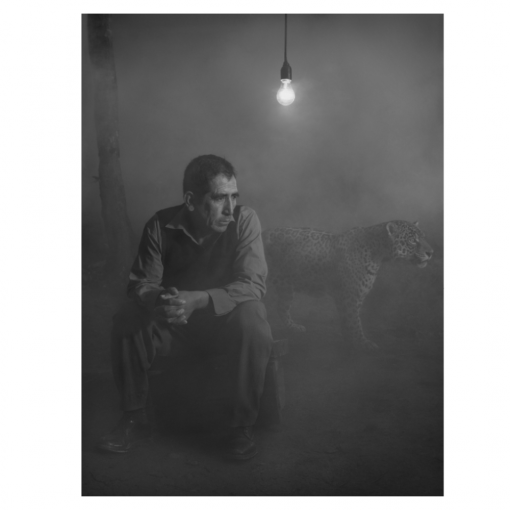LUIS AND HERNAK, BOLIVIA
Nick Brandt7.800,00 €
Luis is a teacher at the community school, and also a farmer. In 2021, he lost practically all of his crops due to flooding from overflowing rivers. He remembers that events of this type never used to happen in the community and that weather events have changed enormously.
He is aware that these changes and natural disasters are the results of global warming, so he tries to teach this to the children of the community, hoping that it will generate a change in attitude toward these problems.
Hernak, photographed when he was aged seven, was being sold on Facebook (sigh), when he was just a baby after his mother was killed. He was sent to the city of Santa Cruz, where he was kept in a temporary animal shelter. While there, he had surgery for a faecal impaction, and during recovery, Hernak opened the stitches. He was found in the morning with his intestines exposed and was rushed to the hospital. Somehow, he survived this.
Hernak now lives in a large enclosure on a forested hillside at Senda Verde. Like Tarkus the bear, he seems endlessly curious and energetic.
As always, the reasons for the decline in jaguars are multifaceted: habitat destruction from deforestation to an increasing number of wildfires; killing by livestock owners who pay their employees extra to shoot them, to feed an increased demand from China for the fangs of the jaguars. The supposed good luck, fortune, protection, and vitality offered by jaguar teeth—merely an extension of the Chinese belief that Asian tiger parts offer the same benefits—is at the heart of the demand. Offering $100 to $400 per tooth for jaguar fangs, the money to be made is too hard for many to resist.
In addition to the skins and skulls, even the testicles are prized in China—as an aphrodisiac. (This is as insane as believing the same about rhino horn.) Chinese companies are going into partnership with the Bolivian government, stripping National Parks of resources, which makes matters worse.
With the cooperation of the local prison system, Chinese nationals have created a thriving industry in which inmates are forced to create products such as purses and bags from threatened wild animals.
Even though it is illegal in Bolivia to kill, consume, or traffic wild animals, the level of enforcement is frustratingly minimal, especially in national parks, where many of the nation’s wild and threatened animals live, and where poachers operate freely.
Other works from the artist
-
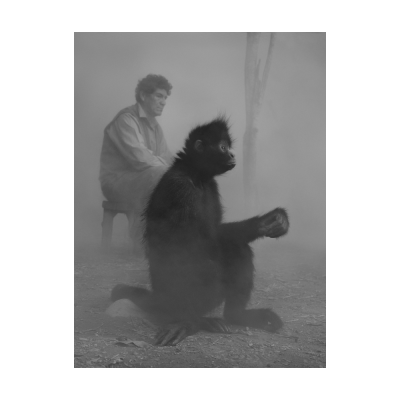
LUCIO AND CHASCAS, BOLIVIA
7.800,00 € Nick Brandt Add to cart -
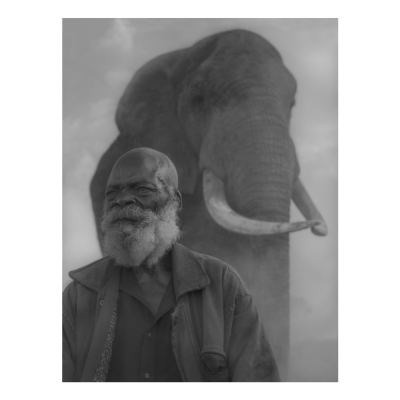
JOHN AND MAK, KENIA
4.500,00 € Nick Brandt Add to cart -
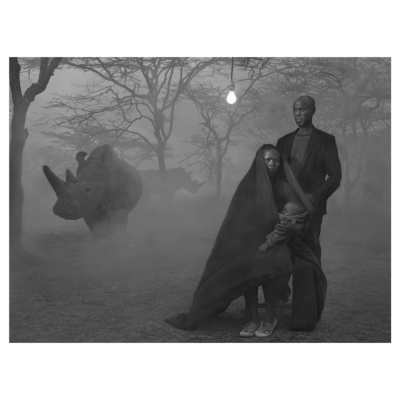
ALICE, STANLEY Y NAJIN, KENIA
11.500,00 € Nick Brandt Add to cart -
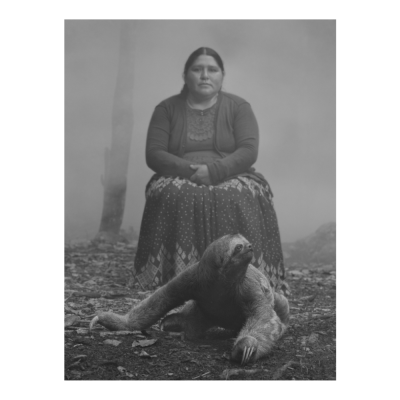
CARMEN AND ZOSA
7.800,00 € Nick Brandt Add to cart -
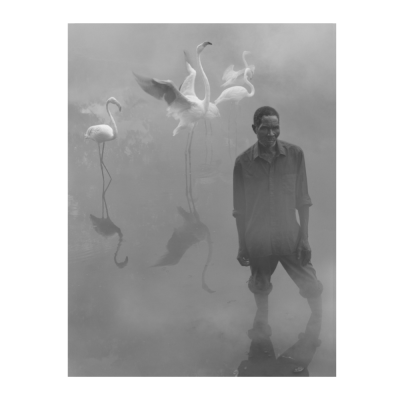
PATRICK AND FLAMINGOS, ZIMBABWE
7.800,00 € Nick Brandt Add to cart -
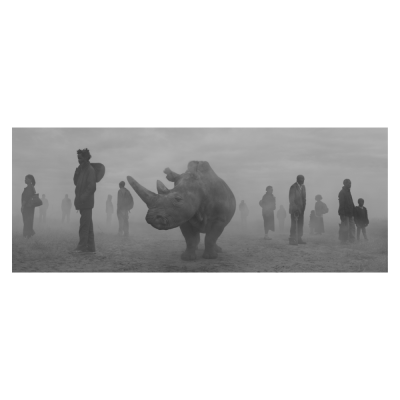
NAJIN AND PEOPLE IN FOG, KENYA
4.500,00 € Nick Brandt Read more -
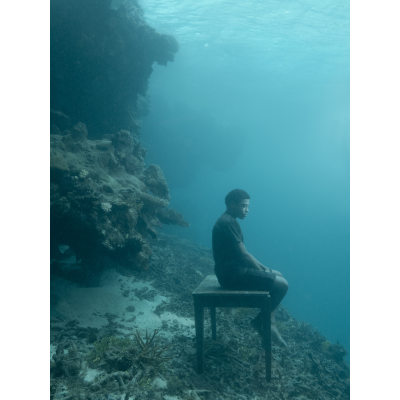
Petero by Cliff
11.500,00 € Nick Brandt Add to cart -
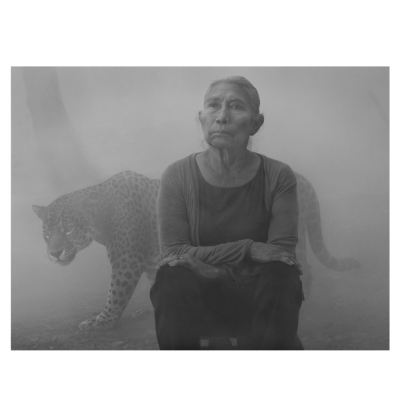
JUANA AND HERNAK, BOLIVIA
4.500,00 € Nick Brandt Add to cart -
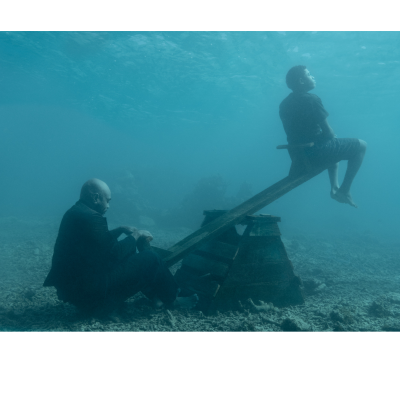
Joel and Petero on Seesaw
7.800,00 € Nick Brandt Add to cart -
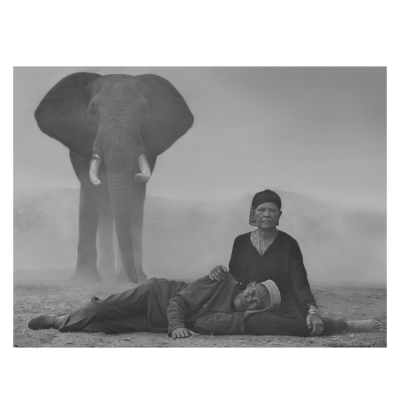
FATUMA, ALI Y BUPA, KENIA
11.500,00 € Nick Brandt Add to cart -

Joel by Cliff
7.800,00 € Nick Brandt Add to cart -

Onnie and Keanan on the Seesaw
11.500,00 € Nick Brandt Add to cart

